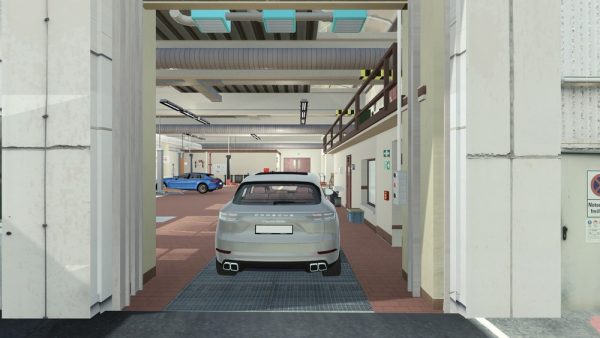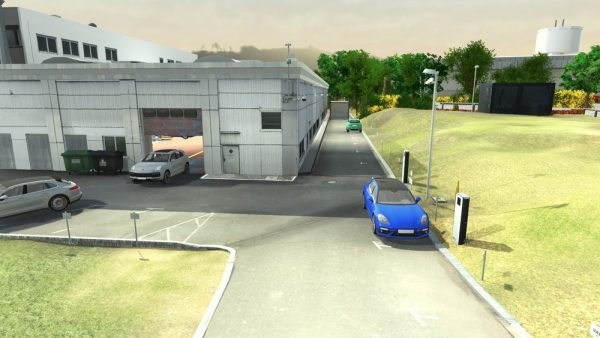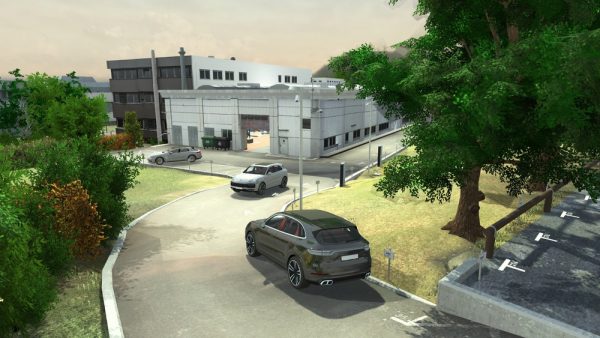Stuttgart/Berlin, Germany. Using a tablet to access the lifting platform: Porsche tests autonomous driving in the company’s own workshop. The test project is part of a collaboration in the context of the Startup Autobahn innovation platform, and is scheduled for completion in mid-2019.

This project involves Porsche working with start-up “Kopernikus Automotive” to install a test field on the company’s premises in Ludwigsburg. The young company from Berlin specialises in technology for self-driven cars, and the aim of the joint project is to enable vehicles to drive from their parking space to the lifting platform and back again, fully autonomously. It is intended that mechanics will be able to manoeuvre the sports cars to the correct position in the workshop, quickly and automatically, using a tablet.
“Autonomous driving will revolutionise our road traffic in just a few years. However, we can already use the technological possibilities available today to make work processes even more effective and efficient,” comments Alexander Haas, Project Manager for Automated Driving at the Porsche workshop. The project will be implemented within 100 days by experts from the fields of highly automated and assisted driving as well as aftersales technology, together with Kopernikus Automotive; the team will present the results at the Startup Autobahn “Expo Day” in Stuttgart’s Wagenhallen on February 21.

A virtual test run of approximately one million simulated test kilometres
Before the vehicles are driven into the workshop truly autonomously, the first step is to create the test site including workshop environment as a virtual representation, which is used to train an artificial neural network. It drives more than one million virtual test kilometres and learns independently on the basis of real framework data. Finally, the use case is tested under real conditions. “Our team will experience the use of autonomous driving in the workshop in test operation, and we want to learn from the team’s feedback,” comments Thomas Eckert, Head of Product Influencing in Aftersales.

The intention is that AI technology will then not only handle vehicle orientation, but also independently identify and localise objects, and plan paths. Extensive measures will be implemented to guarantee safety in the practical implementation stage of the test run, including a speed limit of seven kilometres per hour and the additional use of a human driver.





